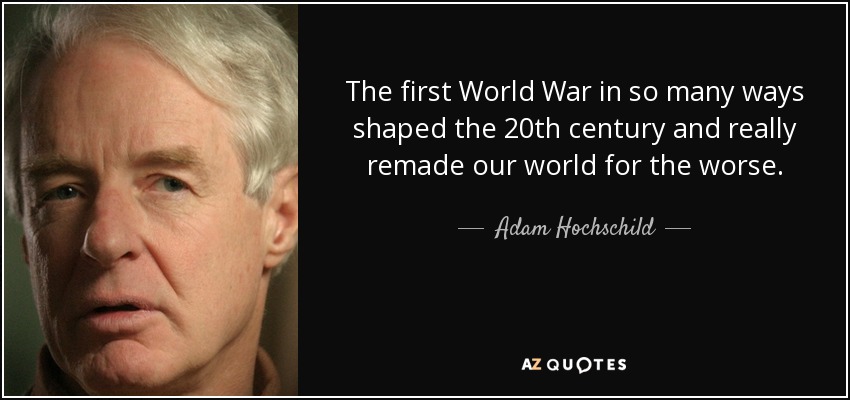

He focuses on the long-ignored moral drama of the war’s critics, alongside its generals and heroes. In a riveting, suspenseful narrative with haunting echoes for our own time, Adam Hochschild brings it to life as never before. World War I stands as one of history’s most senseless spasms of carnage, defying rational explanation.

Without the Yanks’ arrival, it’s conceivable that Germany would have won the war. He commits a far more egregious misstep by suggesting that it would have been better for 20th-century history had Wilson not intervened by dispatching General Pershing’s “fresh and plucky troops” to France, arguing that “the incensed and traumatized French would never have been able to impose terms of humiliation on Germany.” This is “what if” history at its worst. Christopher Hitchens, reviewing Adam Hochschild’s “To End All Wars: A Story of Loyalty and Rebellion, 1914-1918” (May 15), describes the phrase attributed to Woodrow Wilson - “the war to end all wars” - as “fatuous” and “an object of satire and contempt even as it was being uttered.” Only Hitchens, the quintessential cynic, is incapable of seeing Wilson as the uncompromising idealist he was.


 0 kommentar(er)
0 kommentar(er)
